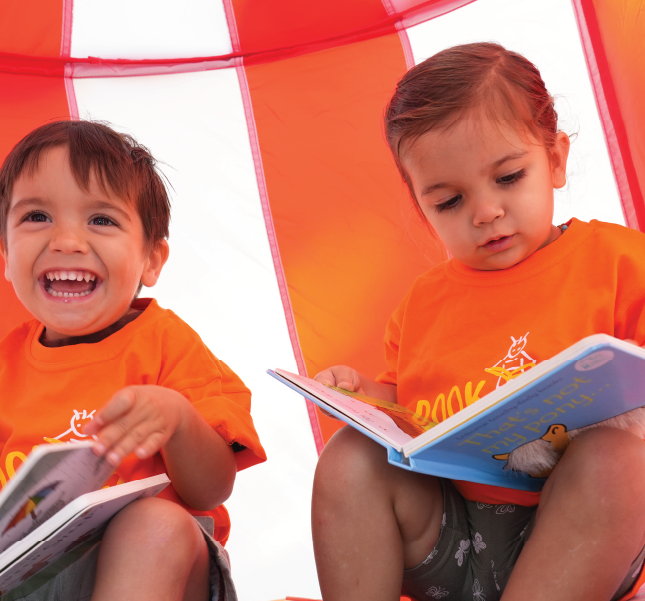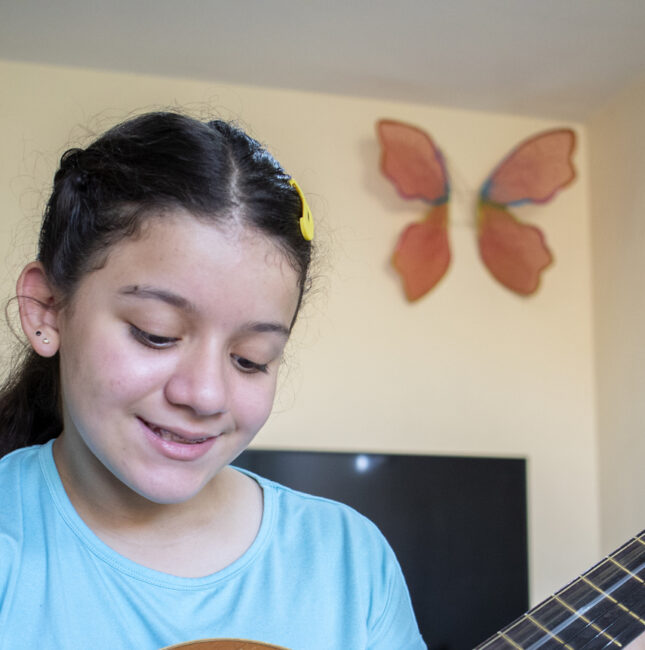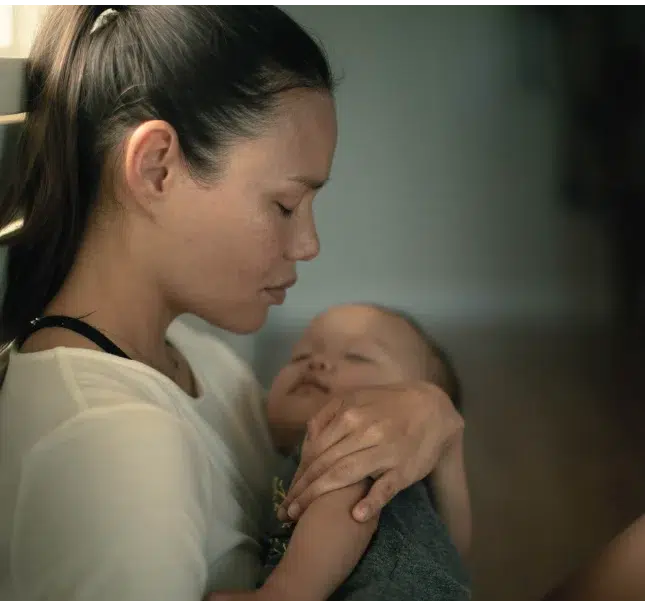Fostering to adopt
September 3, 2019
There is strong evidence that many children in foster care experience ongoing disadvantage after they have been brought into care. Many children in foster care experience placement disruption, poorer mental health outcomes, social and emotional issues, and interrupted education. While some of these issues may be the result of their earlier life experiences, it has been suggested that the impermanence and detached nature of many foster placements can impair a young person’s ability to bond and attach to their carers, and this impacts on placement stability and the way relationships are formed in adulthood.
For some young people in foster care, their placement ends when they turn 18, and as a result they have limited social and economic support, low levels of education and are at greater risk of homelessness and early parenthood. For these reasons CatholicCare, along with other foster care agencies in NSW, have increased focus on the stability and security of alternative care arrangements, such as adoption, as a way to improve children’s outcomes.
Is adoption the same as long term fostering or guardianship?
Adoption is distinct from guardianship or long term fostering. The adoption process involves transferring legal relationship from a child or young person’s birth parents to the adoptive parents. Through this process children become formally identified and legally recognised as part of the adoptive family and children are issued with a new birth certificate. Therefore, unlike other long term alternative care options, such as guardianship or permanent care orders, adoption is a fixed, enduring arrangement that does not expire when the child turns 18, changes a child’s legal identity and remains in place for life.
Adoption from foster care has increased over the last ten years from 26 in 2007-08, to 147 in 2017-18 with 79.8% of these taking place in New South Wales. Adoption from foster care makes up 63% of the adoptions of Australian children. However, the number of adoptions remains low compared to other alternative forms of care. Some studies suggest that the separation and secrecy that characterized past adoption practices affect its acceptability as a long-term option today. Alternatively, adoption eligibility requirements and limited after care support make it too hard for foster carers to adopt or fulfil the ongoing duties associated with full legal parenthood. Issues relating to agency approach and workplace culture may also mean that adoption is not seriously considered.
What does open adoption offer young people?
Felt security in their placement – Research has found that many children in foster care feel insecure and question if they really belong in their foster family because of their legal status and their carers aren’t formally recognised as their parents. Research has also found that children who were adopted experience greater stability and attachment than those who remain in care and a strong sense of belonging.
Ongoing connection to their birth family and identity – Adoption in Australia is described as an ‘open model’, which means that there is an openness towards sharing the reasons why children came into care and building relationships with birth family members. Before an adoption order will be made in NSW, the foster care agency must address how children will retain their identity, preserve and build connections to their cultural heritage, maintain family contact and understand their origins, as these are considered necessary for a child’s positive identity development. Importantly, most children will continue to have face to face contact with birth family after and adoption order is granted.
When can adoption from care be considered? What does the process involve?
CatholicCare will consider adoption for a child in foster care where restoration has been ruled out and guardianship with birth family or another suitable person would not serve the best interest of the child. When adoption is proposed for a child, an assessment needs to be conducted which sets out:
- The connection between the carers and the child
- The family’s understanding that the child will have full membership in their family for life
- Evidence that carers are able to meet the child’s daily care needs, and support the child’s connections to birth family and culture without agency support.
- The views of the child and birth family.
Together this information is used to assess whether an adoption order will serve the child’s best interests. The Supreme Court of NSW makes the final decision as to whether an order will be granted.
How can you help?
When considering if a foster family would be suitable to adopt CatholicCare looks for carer(s) who are:
- Able understand that children have experienced trauma, which will have an ongoing impact on their lives, and are prepared to support them through this
- Able to help children develop a clear understanding of why they needed foster care, which may involve discussing difficult and painful history
- Able to work with our agency to support the young person’s needs, and demonstrate that they are willing and able to carry this out after an adoption
- Willing to make a lifelong commitment to a young person and include them as a full member in their family
- Have a positive attitude towards birth family where they are open to meeting the child’s birth family, attend contact visits and are prepared to work towards developing a relationship that helps the child remain connected to these people
- Willing to help children develop knowledge and remain connected to their culture which may differ from their own.
Short term carers are also essential in helping young people find a stable home!
Short term carers are in high demand and are desperately needed to provide interim care to children prior finding them a long term home. CatholicCare are looking for people who are willing to care for children and young people when they first come into care and support them moving to their long term placement. If you are able to provide care for a young person from a few weeks to a several months you may be suitable. CatholicCare provides training, financial and other support to help carers undertake their role.
If you think you may be able to help please give us a call on (02) 4320 7777 or visit www.fostering.org.au.
The information and research described in this article was conducted by Julia Zodins, as part of her thesis supervised by the University of New England and the University of Sydney.
More news stories like this one
Changing lives through literature
Many of us take it for granted that our kids will grow up learning to read and write, yet for many children throughout Australia, this is not the case. Lack of education and early literacy can affect children throughout their lives and lead to psychological damage, poor health, fewer job opportunities and lower incomes.
Read MoreBuilding a support network makes all the difference for Julia
It was May 2022, and Julia’s whole body went numb as she sat in a hospital room with her 14 year old daughter, Anna. They'd been discharged from the hospital, but they had nowhere to go.
Read MoreThe importance of post natal mental health
Parenthood can be an extremely emotional time for everyone as it brings immense change. It can be both joyous and...
Read More


